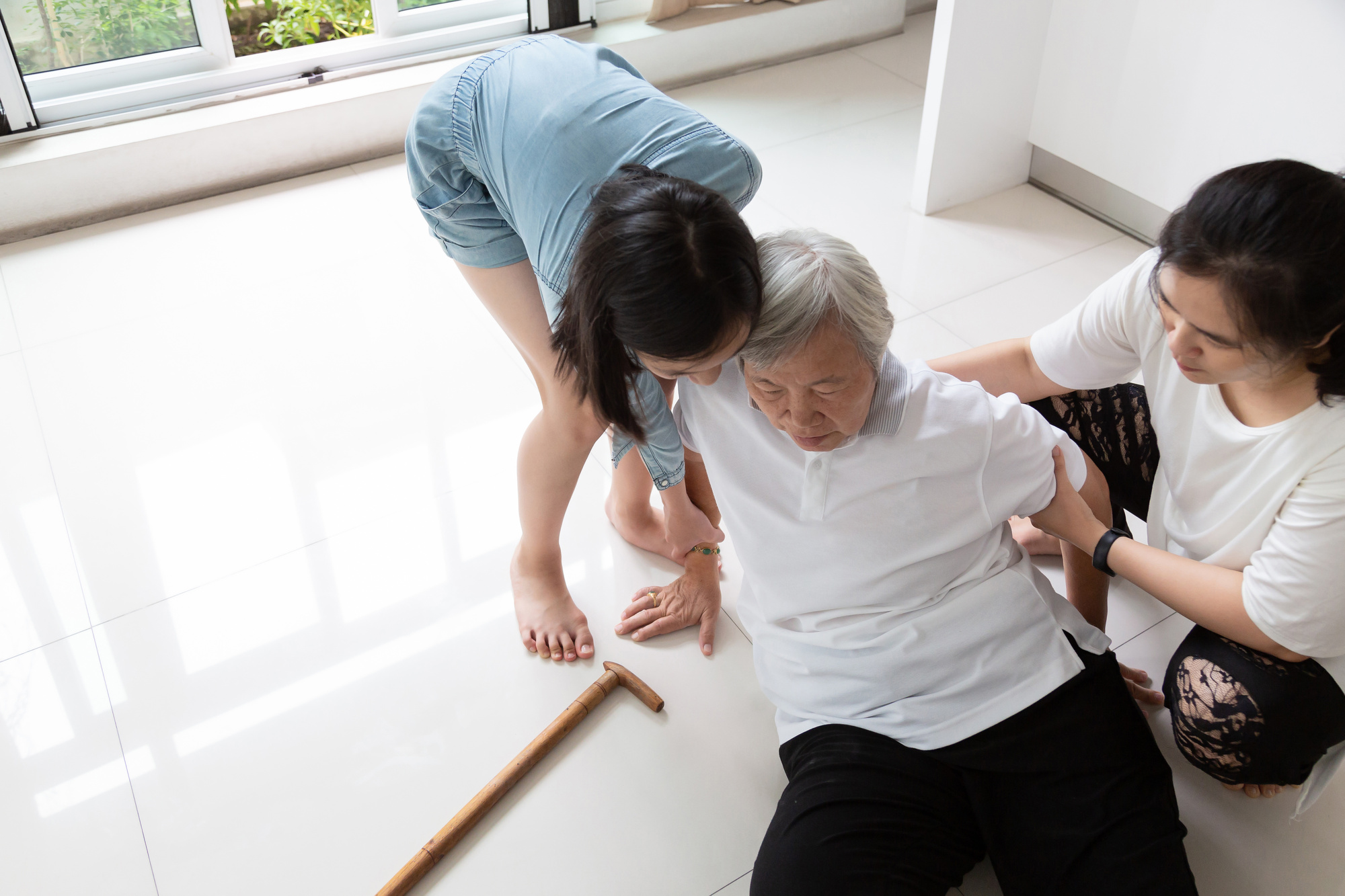Slip and fall injuries can have significant long-term consequences on physical health, emotional well-being, and quality of life. While minor accidents may seem insignificant initially, they can lead to severe complications that persist for years.
Complications following slip and fall accidents can endure for prolonged periods, ranging from months to years, and even a lifetime. They can affect an individual’s ability to engage in employment, walk unassisted, and enjoy life.
Thus, understanding the potential long-term effects is crucial in emphasizing preventive measures and seeking appropriate medical care and legal assistance. Bearing these in mind, here are six long-term consequences of a slip and fall injury:
- Financial Burden
Slip and fall injuries can impose a significant financial burden on individuals and their families. Medical expenses, including emergency care, diagnostic tests, surgery, physical therapy, and ongoing treatments, can quickly accumulate.
The long-term nature of some injuries may require extensive medical care and rehabilitation, further straining their financial resources. Absence from work due to injuries can result in lost wages, adding to the injured person’s economic challenges.
If you’ve been hurt in a slip and fall incident, it’s crucial to comprehend the full scope of your injuries and seek legal advice after slip and fall injury. This is particularly important if you intend to pursue legal action against negligent property owners.

- Traumatic Brain Injuries
Brain trauma is a common long-term consequence of a slip and fall incident. The injured person can hit their head on the ground or an object during such an accident, leading to a fractured skull or a traumatic brain injury (TBI).
Symptoms can persist for weeks, months, or even a lifetime and may include persistent headaches, impaired vision, cognitive dysfunction, behavior change, dizziness, memory impairment, sleep disturbances, and diminished motor skills.
While some individuals may recover with treatments and medications, others must cope with the enduring consequences of their brain injuries for the rest of their lives. The damage caused by severe cases of TBI can be irreversible.
- Paralysis
Paralysis is one of the gravest and most transformative consequences that can arise from a slip and fall injury. When an individual falls, the impact can harm or damage the vertebrae or lead to spinal stenosis.
Injuries to the spinal cord’s nerves can lead to enduring or irreversible loss of sensation and functionality below the area of the injury, resulting in paralysis. Even less severe spinal injuries, such as herniated disks, can inflict persistent pain and enduring distress. Slip and fall victims may endure paralysis affecting various regions, such as their lower limbs, waists, arms, or the whole body. Severe spinal injuries may require surgical interventions and prolonged rehabilitation.
- Reduced Mobility
A slip and fall incident can lead to a fractured hip, especially among elderly individuals. Intense pain, severe impairment, and sometimes life-threatening consequences are symptoms often attributed to hip fractures.
Individuals who sustain hip fractures may undergo surgical intervention to mend the fractured bones. Furthermore, in severe cases, they may even require hip replacement procedures. Moreover, they face a heightened risk of enduring subsequent fractures due to diminished mobility and compromised balance.
- Persistent Pain
Chronic pain is prevalent among slip and fall victims, significantly disrupting their daily lives and hindering their capacity to perform work-related activities. Individuals may experience persistent pain in various areas, including the hips, lower back, legs, and upper body. Bone fractures, torn tendons and ligaments, as well as nerve injuries can inflict persistent pain that can last even after the physical healing of the affected body sections.
- Fear And Anxiety
Individuals who’ve experienced significant injuries from falls frequently develop a profound apprehension of experiencing a similar incident. Even after receiving medical clearance to walk unaided, they may be reluctant to do so without a cane, walker, or assistance from their trusted companion.
Some may become uncontrollably anxious at the sight of stairs or any setting that reminds them of the accident. This fear is common in individuals affected by slip and fall accidents, regardless of age.
The fear of slipping and falling can profoundly disrupt the lives of victims and affect various aspects of their daily routines and activities. For instance, they may skip performing basic tasks, participating in specific activities, and engaging in social interactions, making them more vulnerable to mental health issues.
Conclusion
A slip and fall injury can significantly alter an individual’s life trajectory, even with immediate medical care. If the fall results in severe injuries, such as those affecting the spine or brain, they may experience enduring symptoms resulting in economic and non-monetary losses
They might be compelled to leave their job or shoulder the financial burden of long-term medical expenses due to a permanent disability. In the case of broken bones, individuals could be immobilized for a long time, potentially leading to further complications.
Seeking the guidance of an attorney specializing in slip and fall cases is valuable in obtaining maximum compensation for present and future losses. These legal experts will diligently negotiate for a more favorable outcome, allowing patients to focus on their recovery and well-being.

